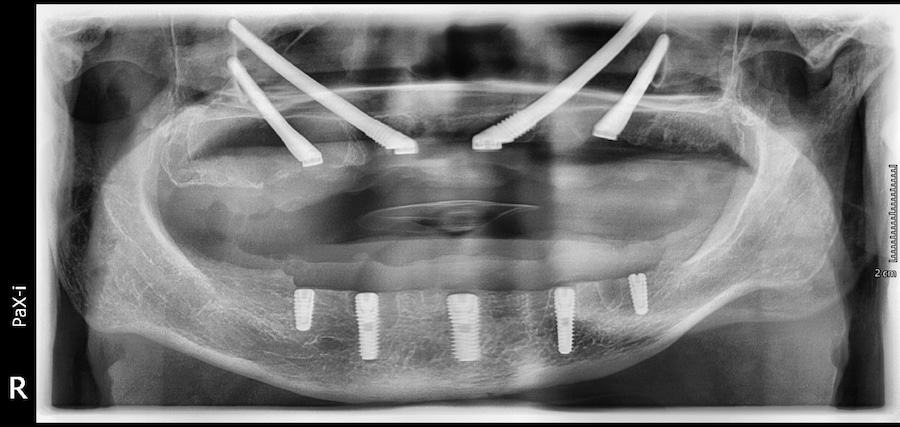🦷Causes And Treatments For White Gums
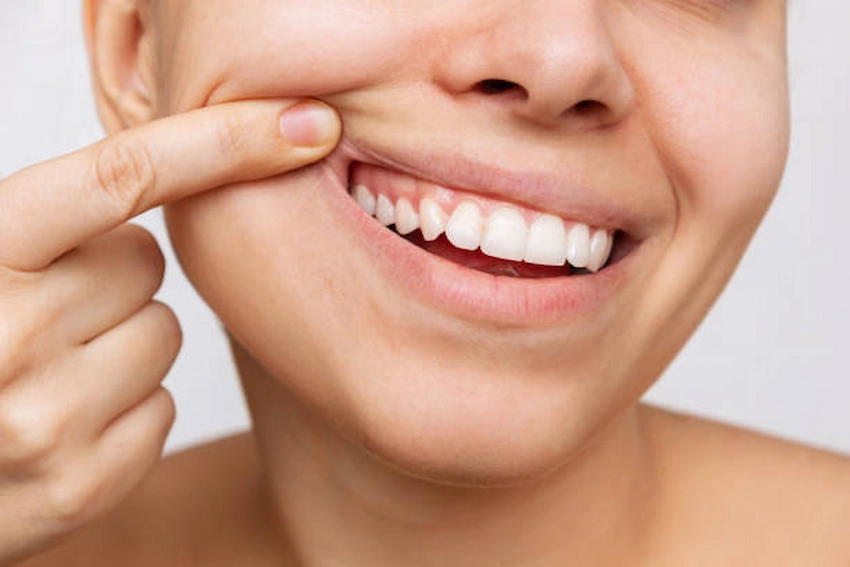
A lot of various health issues can be hidden behind white gums, such as gum disease, anemia, or infection. How these problems may be solved and how the cause can be defined are two pieces of essential advice; one of them is to keep dental and medical in mind. White gums usually appear to be a signal of an unusual ailment that requires remedial action. The factors involved can virtually be anything from infections and vitamin deficits to systemic diseases. Through the identification of the triggers, we can then consider the safety of our oral health. Our main goal is to reveal the causes and treatments that are significant and effective in combating this disease.
Causes of White Gums
White gums can alert to an array of general health issues. The major causes for this include periodontal disease, which is caused by chocked plaque that can lead to inflammation. Another bigger cause is anemia, which is the deficiency of healthy red blood cells in the body, thus causing paleness in the gums. Furthermore, oral infections and several autoimmune diseases, such as lupus, may resemble white rather than pink gum coloration. Tissue health in the mouth can be negatively affected if chemotherapy and radiation are given as treatments. Poor nutrition, especially the lack of vitamin B12 or folate, can discolor gums in some instances.
Symptoms of White Gums
Getting to know the symptoms of white gums can be of great help for early recognition and treatment. Some common symptoms are as follows:
- Heart pain and the feeling of being weak, which might be related to anemia.
- Enlargement of the gums or pain in them the two of which are mainly the signs of gum disease.
- Gums are bleeding during brushing or flossing.
- Breath that does not go away, and thus, people have infections and problems in oral hygiene.
- A loss of taste and dryness in the mouth, which can result from some diseases.
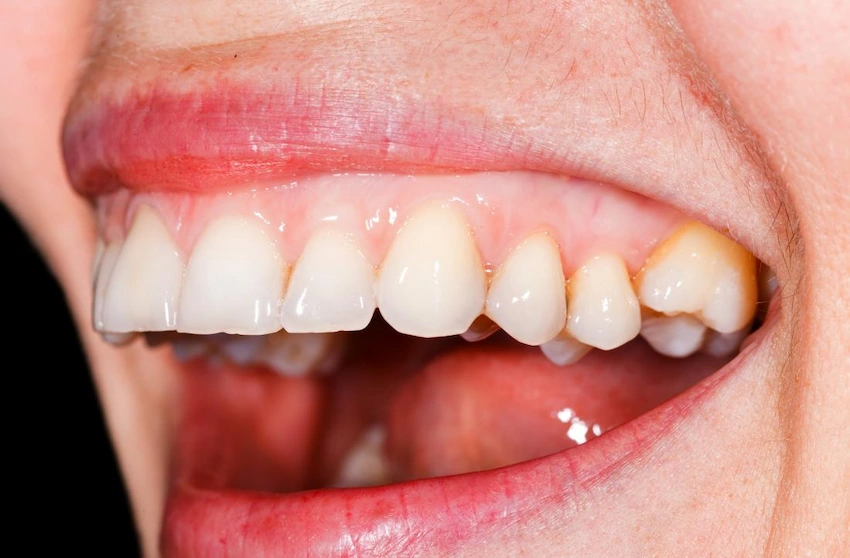
Understanding the symptoms associated with white gums will be very helpful in getting an urgent medical consultation.
Complications of White Gums
White gums may result in certain complications that can be very hazardous if no measures are taken in time. The complications of the white gum condition may differ in different issues and affect general health. If necessary, the dentist may propose such trials as blood and biopsies to exclude diseases with more severe manifestations.
| Complication | Description |
| Gingivitis | It is the gums that are swollen, and this may lead you to lose your teeth. |
| Periodontitis | A more severe form of gum disease can directly lead to tooth loss because it is not cured properly. |
| Infection | White gums sometimes occur because of the presence of infection. The infection can move into the neighboring tissues and be distributed in the body to cause systemic issues. |
| Bad Breath | Failure to achieve the expected level of oral hygiene poses the risk of halitosis becoming a constant health issue. |
| Systemic Health Issues | Gum disease is the root of heart disease, diabetes, and other conditions, said to cause systemic conditions. |
Diagnosis of White Gums
The diagnosis of white gums needs a dentist’s total examination. It is crucial to find out the foundation of the illness to give an efficient treatment. These are mostly done during the diagnosis:
| Step | Description |
| Visual Examination | The dentist performs a physical examination of the color of the gums, checking for edema, and observing other signs. |
| Medical History Reviews | A thorough examination of the patient’s medical history helps to identify possible factors that might exacerbate the situation, such as drugs or underlying disorders. |
| Oral Hygiene Assessment | The dental specialist verifies the patient’s habits for maintaining oral hygiene to investigate if they are the cause of the gum health issues. |
| Diagnostic Tests | If necessary, the dentist may propose such trials as blood and biopsies to exclude diseases with more severe manifestations. |
Treatment Options for White Gums
The sooner the matter of white gums is addressed, the better it is for one’s health. Various methods for treating gum disease are available that can replace damaged tissue. A visit to a dentist is the first step. He/she may suggest making an in-depth cleaning in order to get rid of the buildup of plaque and tartar, which are some of the reasons to cause gum issues.
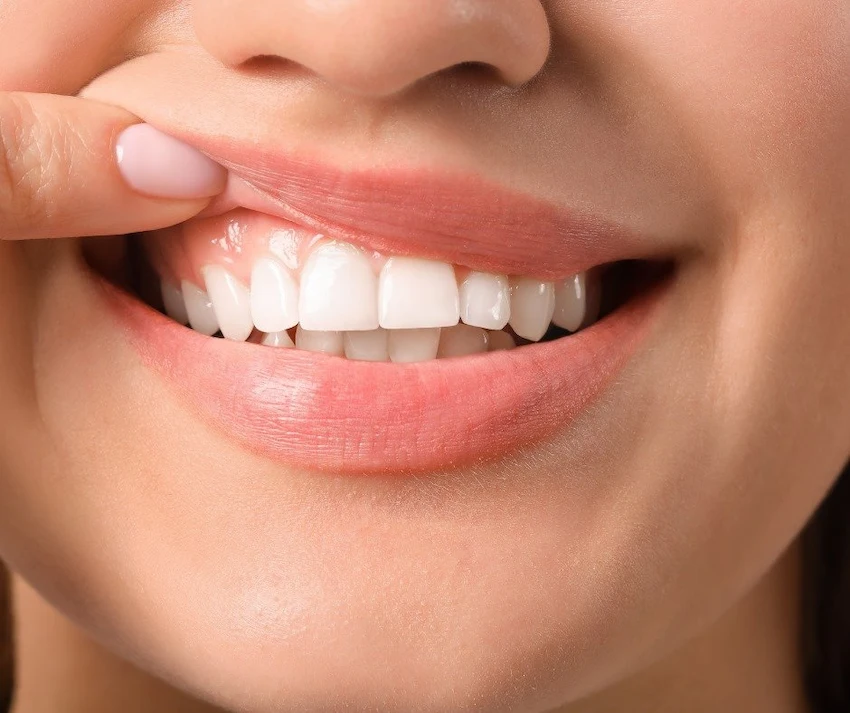
If there is an infection, antibiotics will be required to be consumed by you. Your dentist will provide you with this medicine to kill bacteria. Besides, if you are suffering from certain diseases such as oral lichen planus or leukoplakia, the dentist may advise specific treatments which are designed for those conditions. Moreover, regular dental check-ups and good dental hygiene, which include daily brushing properly and flossing, can largely help improve the condition of the gums.
Remedies for White Gums at Home
Although professional treatment is a must, you can also try out some effective home remedies to aid gum health. Here are the examples:
- Saltwater Rinse: Dissolve a teaspoon of salt in warm water and rinse with the mixture to get rid of the infection and recover.
- Aloe Vera: You may put the aloe vera gel directly to the gums. Its natural anti-inflammatory characteristics can ameliorate the irritation.
- Turmeric Paste: Mix the turmeric powder with the water and make a paste. Apply it to the gums as the herb has antimicrobial and anti-inflammatory features.
- Hydration: You must take a good amount of water, especially if you do not have any other clinical conditions to hinder you. Keep hydrating to have the mouth always wet and lessen the chances of gum issues.
- Green Tea: The intake of green tea can be helpful in the quick alleviation of inflammation and the provision of antioxidants that can be so beneficial for the gums’ health.
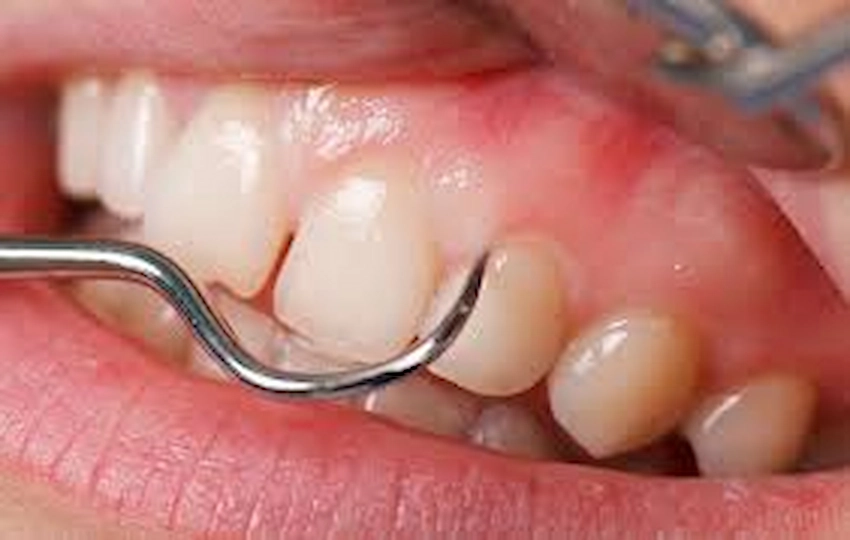
Implementing these remedies in your daily regimen might positively impact the health of your gums. A regular check-up is an imperative and prudent approach. Therefore, consulting your dentist regarding personalized advice and treatment options is a good decision.
FAQ: Causes and Treatments for White Gums
Common causes of white gums include gum disease, oral thrush, vitamin deficiencies (such as vitamin B12), dehydration, and certain medications that can cause oral mucosa changes.
Yes, stress can contribute to various oral health issues, including changes in gum color. Stress may lead to behaviors like teeth grinding, which can irritate the gums.
Treatments for white gums depend on the underlying cause. Maintaining good oral hygiene, using medicated mouthwash, and visiting a dentist for professional cleanings can help. In cases of infection or vitamin deficiency, specific medications or supplements may be prescribed.
If you notice persistent white gums that do not improve with improved oral hygiene, or if they are accompanied by pain, swelling, or other symptoms, it is advisable to see a dentist for a thorough evaluation.
Some home remedies include rinsing with salt water, using aloe vera gel, and ensuring proper hydration. However, it’s important to consult with a healthcare professional for persistent issues.

